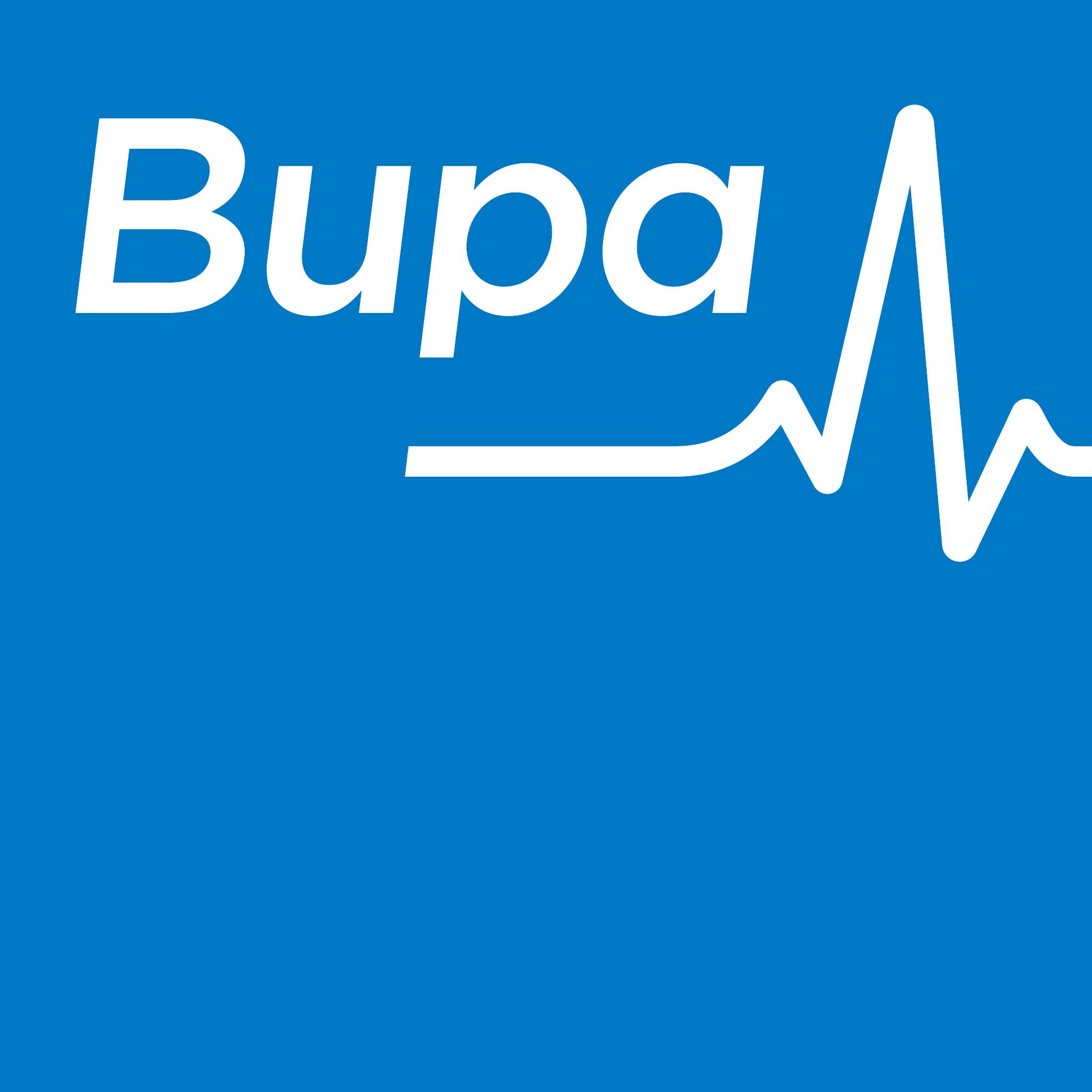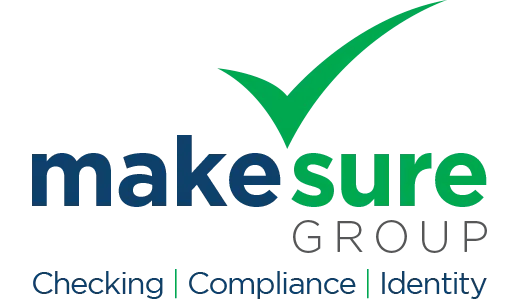Cost-of-Living Pressures Fuel New Scam Trends

The Cyber Sushi
(serving up the cold facts, with some phish bytes)
Welcome back! Here's what we are covering in this issue:
- Cost-of-Living Pressures Fuel New Scam Trends
- Can Virtual Reality Be Used to Treat Anxiety or Decrease Pain?
- Our New Website Is Live!
- Behind the Mask: New and Trending scams
- Taking the Stage at SunCon2025: Talking Cybercrime and Human Impact

Cost-of-Living Pressures Fuel New Scam Trends
Rising living costs are affecting everyone—and scammers know it.
Our latest insights show that scams exploiting the cost-of-living (CoL) crisis continue to climb, especially among vulnerable Australians trying to make ends meet. Scams involving fake jobs, bogus investment opportunities, and pretend discounts are surging as people look for ways to boost or stretch their income.
We’ve picked out a few trends we think you should know about this month.
Employment Scams – The Fastest-Growing Threat
Looking for work online? Be careful.
We’ve seen a big jump in employment scam reports this year compared to the same period in 2024. These scams are cleverly disguised, often impersonating trusted job sites, big brands, or even official recruitment agencies.
What’s happening:
- Most victims are engaged through social media platforms like Facebook and WhatsApp.
- People are promised flexible, easy online work—but then asked to pay fees or make cryptocurrency deposits to keep the job or “unlock” their earnings.
- Young Australians (especially students and early-career workers) are disproportionately affected.
Real case:
One person was recruited through LinkedIn to help “train AI models”—but the role required ongoing crypto payments to unlock commissions. In another case, a student was scammed out of $19,000 while completing fake product review tasks online.
These scams don’t just lead to financial loss—many victims are also asked to hand over identity documents, exposing them to future fraud risks.
Investment Scams – Same Volume, New Tactics
Investment scams haven’t increased in number this year—but the tactics are getting more sophisticated.
Scammers are creating convincing websites, using official-looking documents, and even sending Christmas cards to build trust. Some people even report receiving small “dividend” payments to keep them hooked.
What we’re seeing:
- Around 30% of investment scam victims were already looking for a place to invest money—some had just received a payout.
- Scams often use polished online dashboards, fake ABNs, and even real-looking employee LinkedIn profiles.
- Victims are told they’ll get huge returns, sometimes tied to crypto or stock market trends.
Spotlight:
A couple was almost tricked into withdrawing $100,000 from their super fund before one partner grew suspicious. Another victim was encouraged to apply for a business ABN and register with AUSTRAC to support what turned out to be a scam.
Slick presentation, fake professionalism, and emotional manipulation are all key features.
Other Common Cost-of-Living Scam Types
Alongside jobs and investments, scammers are also faking:
- Rental listings offering too-good-to-be-true prices
- Fake lenders promising easy cash
- Government grants and discounted groceries or healthcare deals targeting people under pressure
Be alert to anything that seems like a quick fix to financial stress—scammers are counting on people feeling under pressure.

Can Virtual Reality Be Used to Treat Anxiety or Decrease Pain?
Find out at the world’s leading event in Cyberpsychology.
The 28th Annual World Conference on CyberPsychology, CyberTherapy, and Social Networking (CyPsy28) is coming to Sydney this July – for the very first time.
The conference program is now live, including pre-conference workshops and insights into keynote presentations. This year’s lineup promises something for everyone – from cutting-edge research to practical applications in mental health, therapy, and technology.
CyPsy28 brings together global experts to explore the intersections of AI, scams, and mental health, with sessions covering everything from virtual reality therapy and online deception to the ethical implications of emerging digital technologies.
Highlights include:
- A hands-on workshop by Professor Stéphane Bouchard (Canada) on how Virtual Reality can be used to treat anxiety.
- A keynote presentation by Professor Monica Whitty, the world’s leading expert on romance scams.
- Insights from Professor Elvira Pérez Vallejos (University of Nottingham) on emerging digital technologies and their impact on death, dying, and complex care – including the use of VR to help reduce pain in patients.
Take a look at the jam-packed conference schedule to find the sessions that speak to your interests – whether it's clinical applications, ethical debates, or tech innovation.
Spaces are limited – register now to secure your place at this groundbreaking event.

Our New Website Is Live!
We’ve been working on this for months, and we’re thrilled to finally share it with you – IDCARE’s brand-new website is live!
Designed with you in mind, the new site makes it easier than ever to get support if you’ve been impacted by a scam, identity theft, or a cyber incident. It’s got a fresh new look, simpler navigation, and loads of helpful resources to guide you through whatever you’re facing.
We hope you like it as much as we do!
Take a look around and let us know what you think:
www.idcare.org

Behind the mask: The Guide to New and Trending Scams
The “CAPTCHA” popup scam:
You know those annoying popups that require you to prove you are “human” on certain websites by ticking a box, or identifying bicycles, bridges or some other object from a list? Well, criminals are now using the CAPTCHA popup to get you to download dangerous info stealing malware. IDCARE has had Australian businesses contact us because this popup was appearing on their sites.
How it works:
- You visit a website → a fake CAPTCHA appears.
- A script secretly copies to your clipboard.
- It tells you to press Windows + R, then Ctrl + V + Enter.
- Doing this runs a hidden script that downloads malware.
What the malware can do:
- Steal your passwords and personal info
- Access your webcam
- Send sensitive data to hackers
How to stay safe:
- Don’t run random keyboard commands from websites
- Keep antivirus software up to date
- Be cautious with popups that ask you to copy/paste anything
- Stay alert and share to help others stay safe!
Mobile Number Porting Alert
Is your phone stuck on SOS only? Don’t ignore it — someone might be trying to steal your mobile number to access your accounts.
IDCARE is helping around 100 people a month hit by this scam. We recently spoke to Channel 9 to raise awareness.
What to do:
- If your phone shows SOS only or you get a message saying your number is being transferred — act fast.
- Call your telco and say you do NOT authorise the port.
- Alert your bank.
- Find out what info was used to authorise the port and change your credentials immediately.

Taking the Stage at SunCon2025: Talking Cybercrime and Human Impact
Over the weekend, our Profiling and Threat Detection Lead had the privilege of presenting at the inaugural Sunshine Coast cyber conference SunCon. The presentation focused on the human victims of cyber enabled crime. The key takeaway was that the community is up against an increasingly sophisticated threat landscape, which is compounded by a response system that can be hard to navigate. The end of the talk emphasised how the system can be improved to better support those who find themselves affected, with 6 central points discussed including:
- Empower people to hesitate - we need to foster a culture where people feel they can trust their internal warning systems - their instincts.
- Talk about it! - Scams thrive in silence. Fostering healthy conversations about things we are seeing is very important.
- Don't victim blame! - There is no space for it. It's regressive.
- Protect your identity credentials - Your Driver Licence, Medicare Card and Passport are some of the most valuable possessions you have. Keep them secure. Understand where they are stored, why they are stored and for how long they are stored.
- Password security matters - keep them long and strong and unique across unrelated online accounts.
- It's okay to lie to the internet - think to yourself, do I need to prove I am me to use this service? If the answer is no, then don't.
Join the global list of organisations making a real difference in people’s lives by supporting our service.






















































Copyright © 2025, IDCARE. All Rights Reserved.
ABN 84 164 038 966








